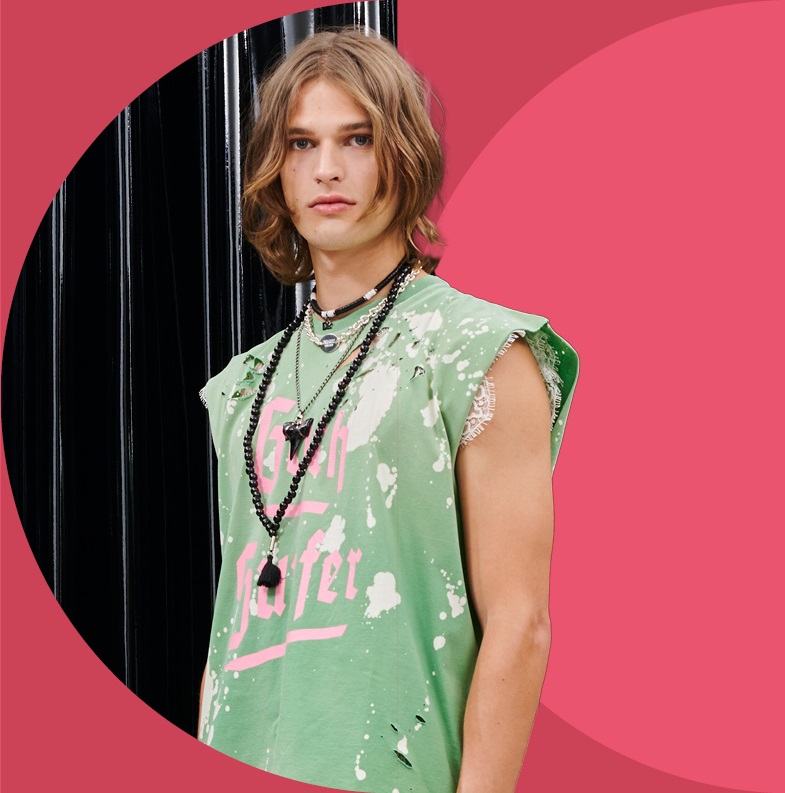
Women’s Basketball Reinvigorates the Sneaker Market
Published 05 June 2024
The once-booming sneaker market may have plateaued in recent years due to hype fatigue and an oversaturated resale market, but it’s finding new growth opportunities and untapped potential in unexpected places – namely the rapidly burgeoning world of women’s basketball.
Women’s Basketball Reinvigorates the Sneaker Market


Topics

Want to see the full report?
Offering access to over 350 consumer and cross-industry reports annually, Stylus Membership is your window to tomorrow’s most exciting opportunities.
We already arm more than 500 of the world’s most forward-thinking brands and agencies with the creative insights they need to make transformative business decisions.
We’d love to do the same for you.
Book a demo with us today to discover more.
More Reports From Stylus
More Reports From Stylus
Gen Z Style IRL 26/27
Seemingly fleeting micro trends are proving their longevity amongst escapism-fuelled Gen Zers, as fantastical and historical influences maintain their relevance into 2026. Meanwhile, active and outdoor lifestyles continue to drive sartorial evolutions, and nostalgia still reigns supreme. Additionally, these trends are...











